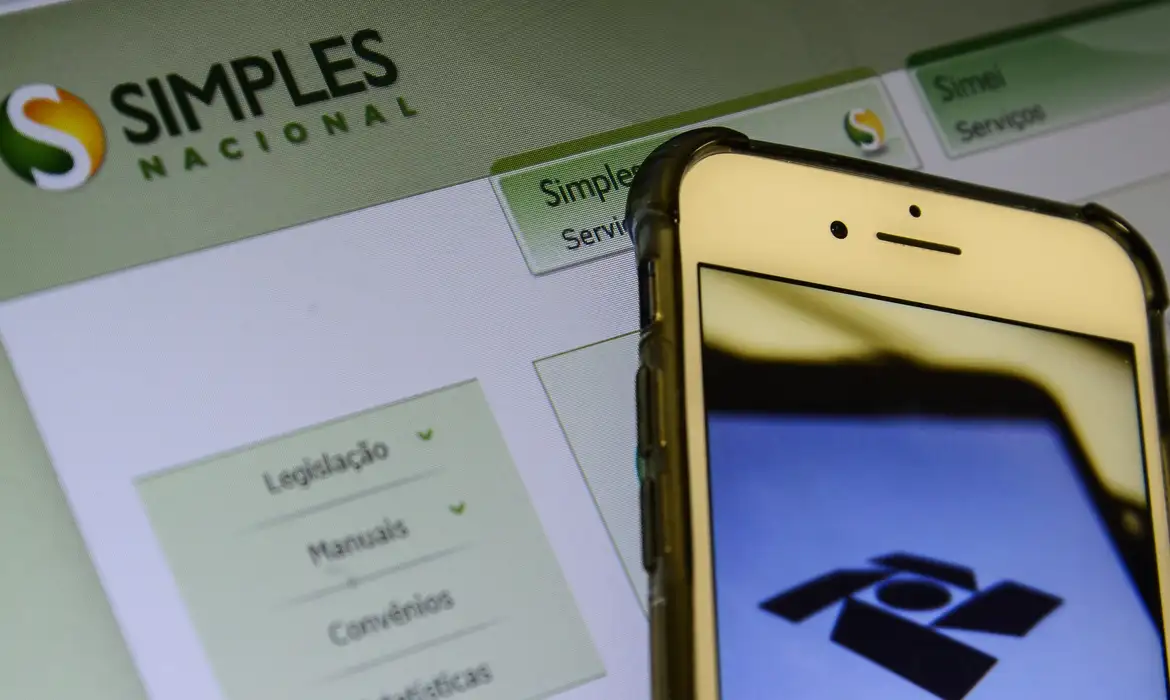Falling IPCA inflation will make interest rates fall, experts say
Linked to the IBGE (Brazilian Institute of Geography and Statistics), the IPCA is one of the most traditional inflation indices in Brazil. The indicator, created in 1979, measures the price variation of a set of products and services consumed by Brazilian families.
According to data released by the IBGE, in the regional indices the greatest price variation was registered in the capital of Mato Grosso do Sul – Campo Grande (0.89%), due to residential electricity (6.11%). The smallest variation was registered in Recife, capital of Pernambuco (0.16%), influenced by the 3.41% decreases in gasoline and 2.51% in car repairs.
The professor of Economics at Ibmec highlighted that the IPCA is the official index that measures the most important inflation in Brazil, because it influences the readjustment of rents, salaries, savings index and others. “The index is calculated based on families (who receive) from 1 to 40 minimum wages and the main items of the almost 400,000 prices collected by the IBGE (are related to) health, education, transport and clothing”, noted Jackson de Toni.
Medicines
The specialist observed that the only item that recorded a significant increase in the table released by the IBGE was related to the health sector: “But this happened after an adjustment authorization by the regulatory agency. So, (it is about) managed price”, he clarified, adding that “the news is very good, and points to a positive trend drop in inflation, which will improve economic activity for the business environment”.
Who agrees with Jackson de Toni is Professor Benito Salomão, doctor in economics from the Federal University of Uberlândia (UFU). “Only the medicine item suffered a considerable readjustment, while in many items there was disinflation”, he pointed out.
BC can act in the 2nd semester
“Brazil is experiencing a moment of disinflation, mainly in the trade and services sectors”, evaluated Benito Salomão. For him, “there are several impacts caused by disinflation”, mainly the possibility of a real drop in the interest rate, which could happen in the second half of this year”.
“I am quite convinced that this interest rate will start to fall in the second half of this year, and then we may have a slightly better demand style”, he concluded.
By Brasil 61




